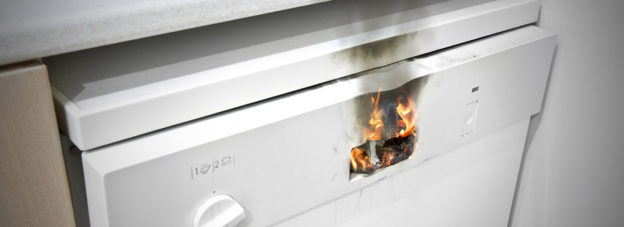In Kenney v. Watts Regulator Co, No. 20-2995, 2021 U.S. Dist. LEXIS 4539 (E.D. Pa. Jan. 11, 2021), the United States District Court for the Eastern District of Pennsylvania considered whether to exclude the plaintiff’s liability expert’s testimony regarding the sufficiency of the defendant’s product maintenance instructions. The plaintiff offered the testimony in support of his failure-to-warn product defect claim. The District Court excluded the testimony because the facts of the case did not support the plaintiff’s failure-to-warn claim, which rendered the testimony irrelevant. This case establishes that expert testimony can be excluded if there is an improper fit between the testimony and the underlying claim. Continue reading






